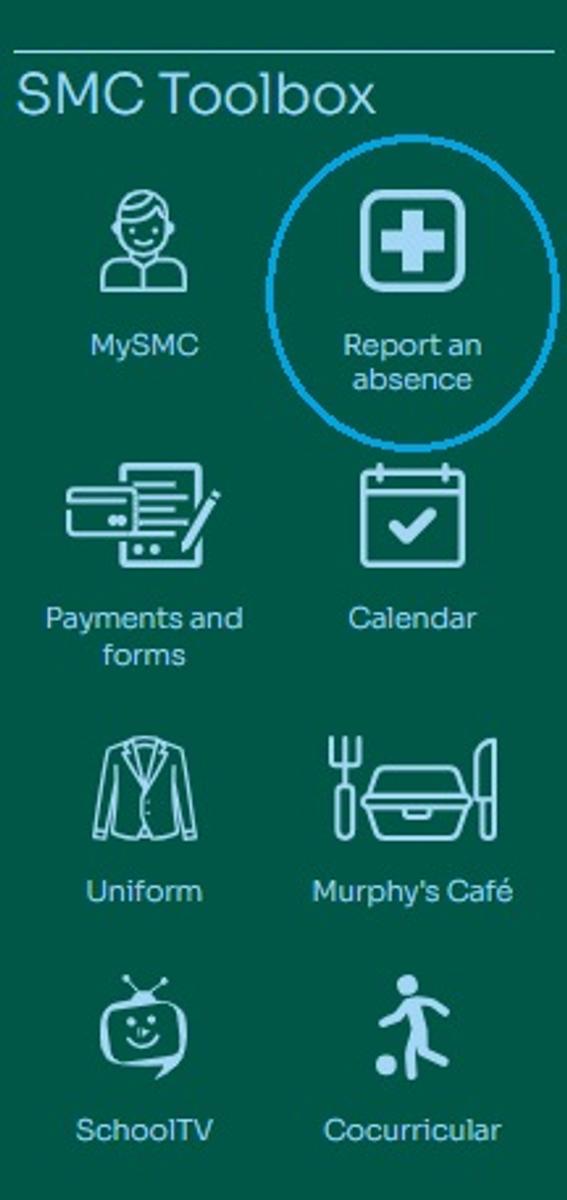From the Deputy Principal
Caroline Wilson-Haffenden

From the Deputy Principal
Caroline Wilson-Haffenden
On Monday, St Mary’s College celebrated the commissioning of Year 11 and 12 student leaders and staff at the Commissioning Mass. His Grace, Archbishop Julian Porteous led the Mass, reflecting on the season of Lent and the importance of servant leadership.
In her first address to the Senior School, Head Prefect Gabrielle Radic reminded students that:
'As Presentation people, we are encouraged to act with respect, to be responsible, to foster positive relationships and show resilience. We are called to be empathetic individuals and to help others when we see they need help. In my time as Head Prefect of the College alongside the Year 12s, I wish to build a genuine sisterhood within the College community, a sisterhood founded on compassion.'
View more photos from the Commissioning on the College website gallery here.








Caring and having compassion for one another is what strong communities do. In fact, the quality of any community can be measured by the care it provides for all members.
Pope Francis states that 'compassion is the language of God in contrast to the human language of indifference'. How can every one of us be people of welcoming hearts whose words and actions speak the language of the heart each day? Like Christ who moved with compassion, taught with compassion and showed us acts of compassion, may we too witness firsthand the transformative power of compassion and empathy through activities, big and small, that can ripple beyond ourselves and across our St Mary’s College community.
School attendance plays a critical role in enhancing the lives of students in schools. Regular attendance at school is not just a matter of fulfilling a requirement—attendance has a significant impact on your child's academic progress, personal development and future success.
When students are not at school, are late to school or leave school early, they are missing out on so much that can impact on their future learning.
Research on attendance and best practice reveals that:
Attendance data is reviewed regularly by the College Wellbeing Team. Junior students are expected to be at school by 8.40am for an 8.45am start, and Senior School students are expected to be at school by 8.35am in preparation for Pastoral Care at 8.40am.
Learning is more successful when students are present consistently for the whole school day. Those who arrive 'just a few minutes late' miss out on vital information on the day ahead. When patterns of late arrival emerge or if attendance drops below 95 per cent, staff will provide support and intervention to help improve this situation.
It is alarming to note that 85 per cent attendance equates to 30 missed days—a full month of learning! The goal, therefore, is to work together to ensure that students are at school every day (that they are well enough to attend).




Where sickness or other significant matters lead to a student running late, or prevent a student from attending school, parents and carers are asked to inform Student Services by 9.00am by phoning the College (6108 2560) or using the College website (SMC Toolbox – Report an absence.) See image included here.
If a student is absent without a notification, an SMS message will be sent to parents and carers at approximately 10.00am that morning. Parents and carers are asked to respond to this notification. Upon their return, a note in the student's College diary (Year 3 onwards) is required to explain an absence, or alternatively an email to the Class Teacher (Junior School) or Pastoral Care Teacher (Senior School). A medical certificate is required for absences of more than two consecutive days due to illness.
Families should advise the College of any changes to mobile phone numbers as soon as possible, to ensure our records are accurate and notifications of absence are being received. Where possible, dental/medical appointments should be made after school or during the school holidays. It is important not to disrupt the learning process for students.
Where absences must occur due to family circumstances, or special opportunities arise that would be beneficial to the student, parents/carers are to write to the Principal, Mr Damian Messer, advising of the matter with detailed reasoning.
Being an inner-city school with limited parking presents safety issues for our community. Parents and carers are asked to be mindful of residents in the area and other road users when parking to drop off or collect their children. In particular, I ask for your cooperation with the following measures when ensuring the safety of our community:
Please also remember that Harrington Street is a 'no standing' zone and parking officers conduct random checks on a school day.
On Saturday 24 February, more than 50 students in Years 10, 11 and 12 ventured to the Domain Athletics Centre to take part in the annual Cancer Council Relay for Life. Relay for Life is a fundraiser where teams strive to have someone walk their relay baton for the entire 20-hour duration of the event.
Several students walked more than 100—and some, even 150 laps—over the course of the event. It was wonderful to see our Senior students come together to support this cause, and we congratulate all who were a part of this event, with the support of staff, parents and carers.










This SchoolTV Special Report will help you understand the signs of toxic achievement, and how to address them to teach students how to adopt a better work/life balance. You can view the video online via this link or by clicking the image above.
Toxic achievement culture is a critical societal issue where an individual's self-worth is entangled with their academic or extracurricular achievements. This culture is not merely about striving for success; it represents a deep-seated belief that a student’s value is solely dependent on their performance, often propelled by intense external pressures from parents, schools, and society. The concept of toxic achievement has recently been outlined in a book that sheds light on this phenomenon, highlighting the dark consequences of a culture obsessed with success.
Toxic achievement is becoming increasingly prevalent, characterised by excessive competition, unrealistic expectations and a singular focus on results. This culture is also being aggravated by parental expectations, peer competition, a relentless comparison ethos, as well as being compounded by social media. It stems from a shift towards individualism where personal achievements are being equated with self-worth.
This relentless drive to excel is leading many students to prioritise accolades over genuine learning and personal growth, often at the expense of their own wellbeing and interpersonal relationships. Some students are overfilling their schedules with activities aimed to 'get ahead'. However, the consequences are proving to be detrimental on students' mental and physical health resulting in burnout and heightened stress levels.
As adult carers, we need to advocate for a more balanced and holistic approach to achievement, emphasising the importance of resilience, wellbeing and the pursuit of diverse interests.
There is nothing wrong with having ambition, but it's crucial to ensure that this desire doesn't push our young people into a toxic cycle of achievement and make them feel they must achieve in order to matter.